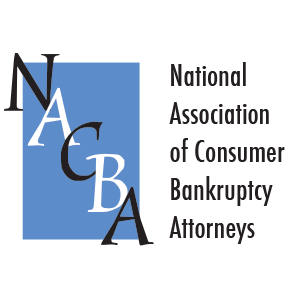The following debts cannot be discharged in neither Chapter 7 bankruptcy nor Chapter 13 bankruptcy in New Jersey. If you file for Chapter 7, you will still be responsible for repaying these debts after your discharge. If you file for Chapter 13, these debts will have to be paid in full in your plan. If they are not, the balance will remain at the end of your case.
- Back child support, alimony and other debts associated with family support.
- Debts for personal injury or death caused by a DUI.
- Student loans (unless repayment causes an undue hardship).
- Fines and penalties incurred in violation of the law, including traffic tickets and criminal restitution (EZ Pass violations in NJ may be dischargeable).
- Income tax debts due and owing for less than 3 years (there are 4 other rules that must be examined, many income tax debts can be discharged – our experienced bankruptcy attorneys can review the discharge-ability of your taxes with you) most business taxes.
- Debts you forgot to list in your bankruptcy papers.
The following debts may be declared non-dischargeable by a bankruptcy judge in Chapter 7 if the creditor challenges your request to discharge them.
- Debts incurred on the basis of fraud.
- Credit purchases of $1,150 or more for luxury goods or services made within 90 days of filing.
- Loans or cash advances of $1,150 or more taken within 70 days of filing.
- Debts resulting from willful & malicious injury to another person or their property.
- Debts from embezzlement, larceny or breach of trust.
- Debts you owe under a divorce decree (equitable distribution debts can be dischargeable in Chapter 13).







